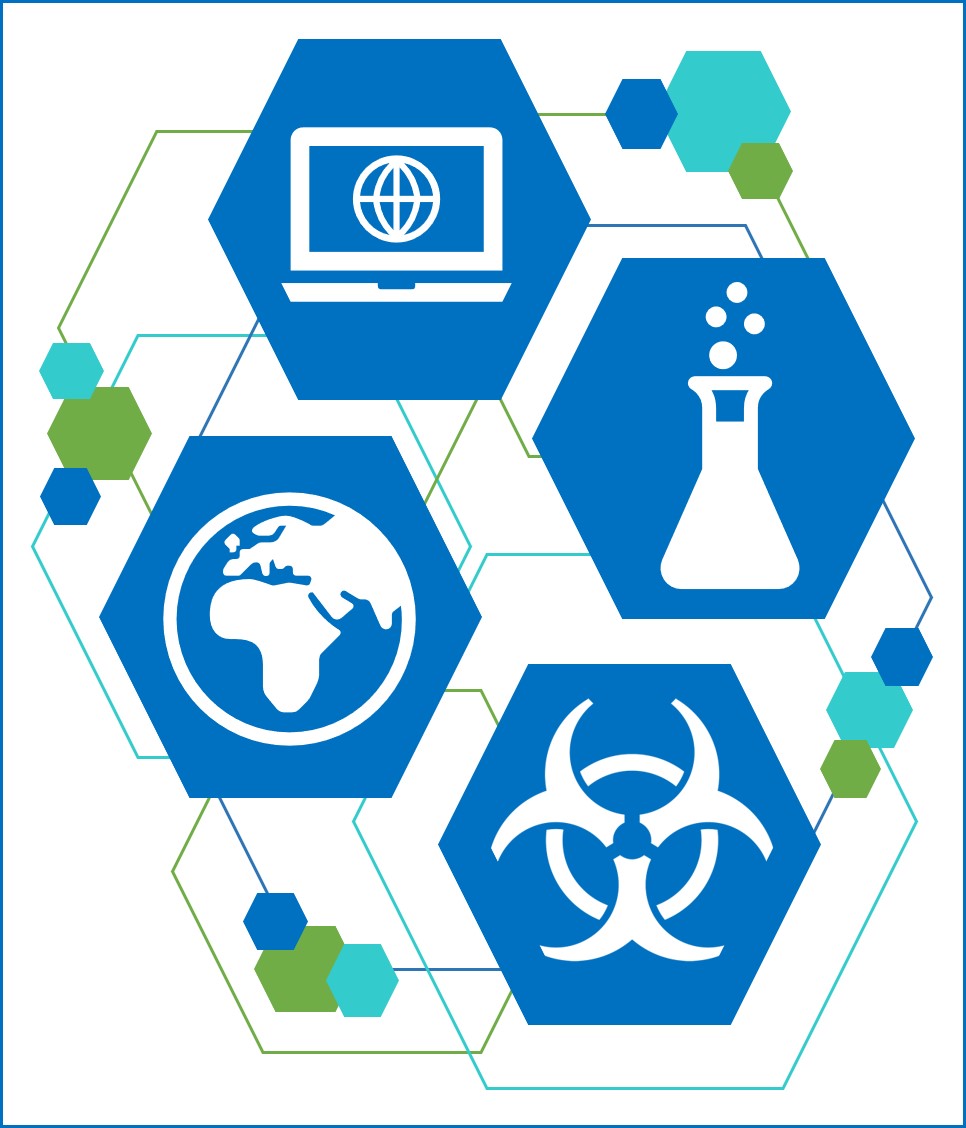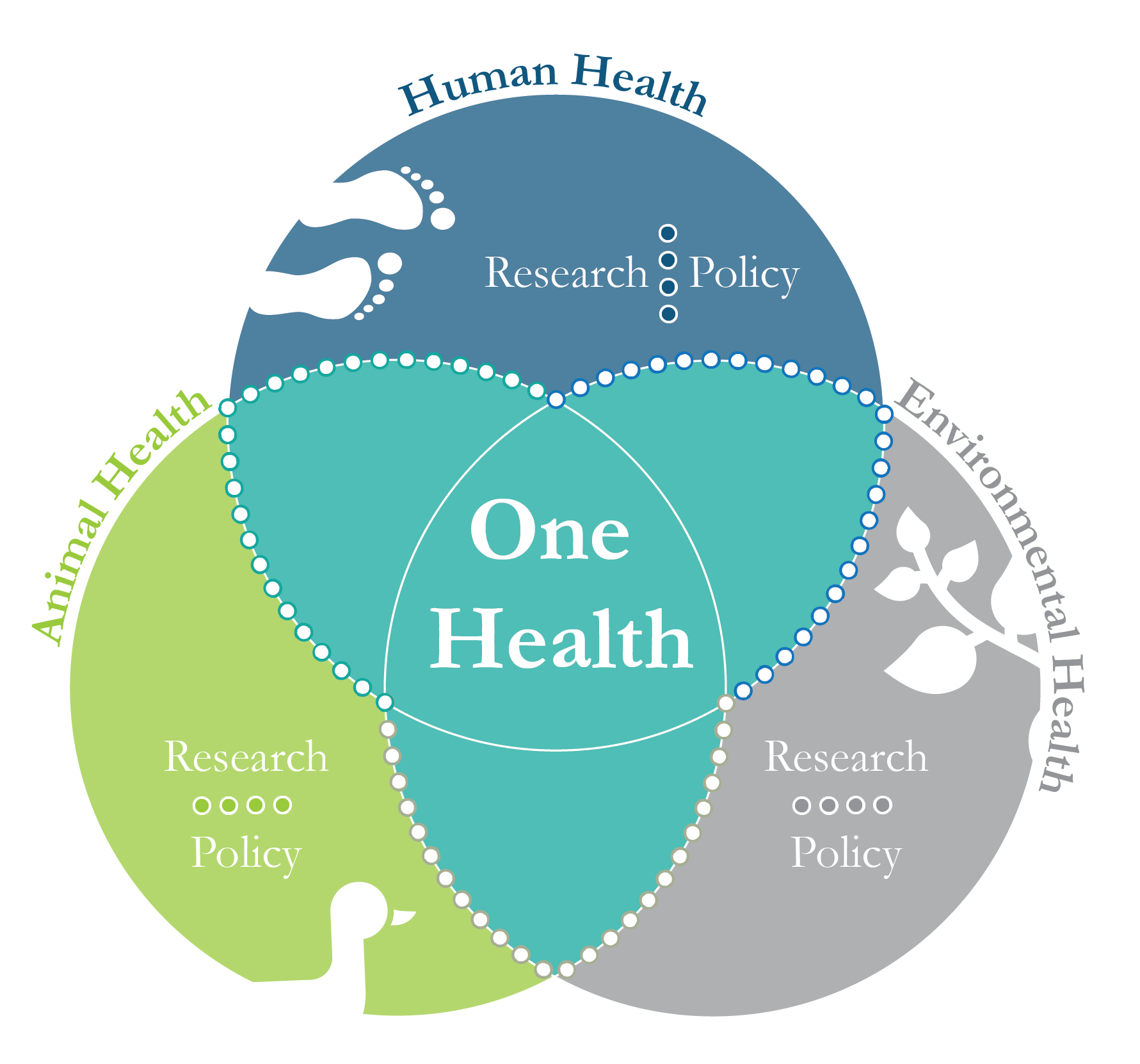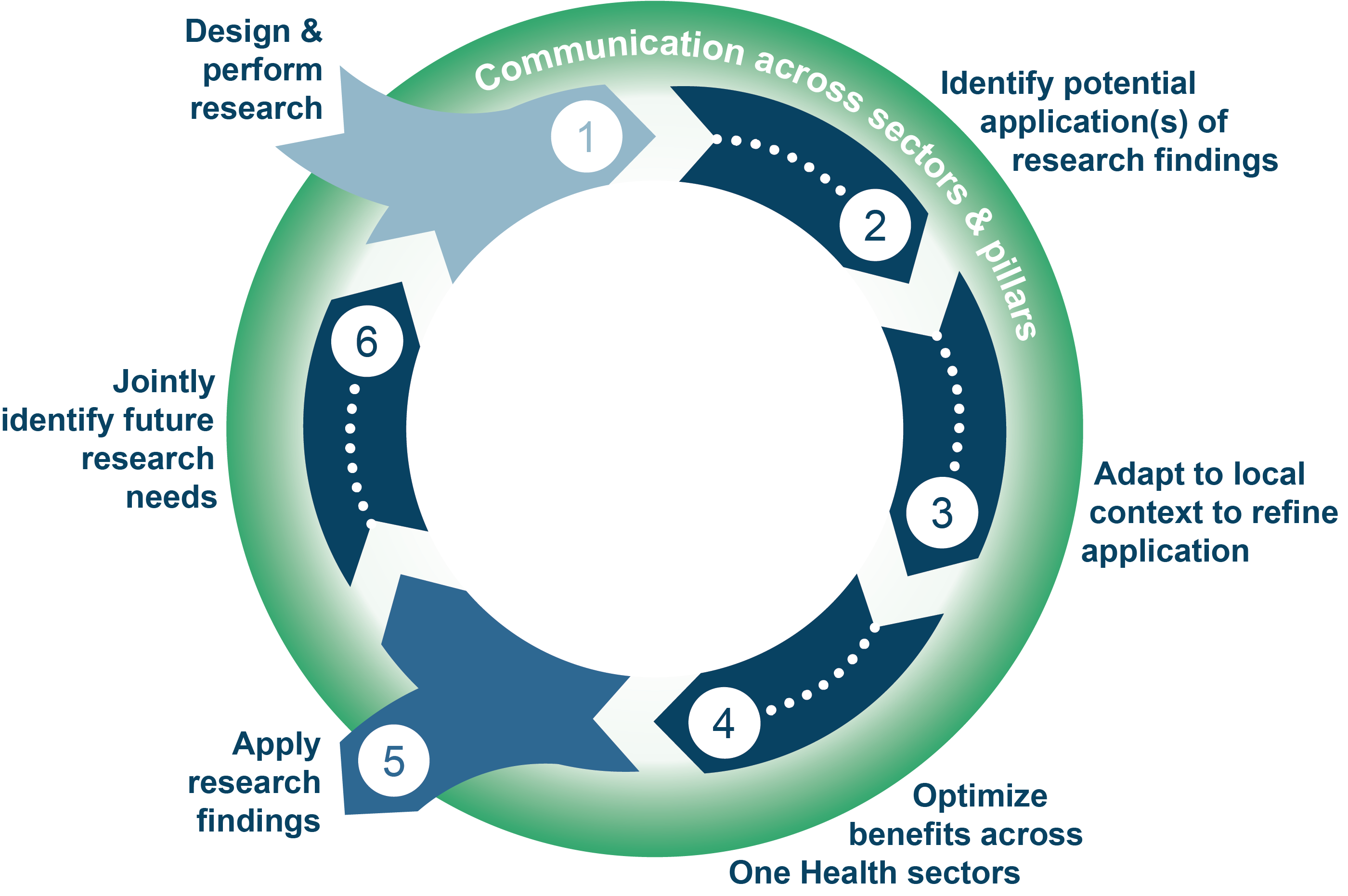Gryphon Staff Analyze the State of Research on Protecting Workers Against Occupational Exposure to Opioids
The nationwide opioid crisis continues to affect not only people who use opioids but also communities at large by increasing the risk of accidental occupational exposure to illicit opioids. In addition, the emergence of highly potent synthetic opioids such as fentanyl and carfentanil increases the need to protect workers who may encounter unknown drug substances during job activities. To support the National Institute for Occupational Safety and Health (NIOSH) Opioids Research Gaps Working Group, Gryphon Scientific examined the state of the literature concerning methods to protect workers against accidental occupational exposure to illicit opioids and have identified unmet research needs concerning personal protective equipment, decontamination methods, and engineering controls. Additional studies are needed to overcome gaps in technical knowledge about personal protective equipment, decontamination, and control methods, and gaps in understanding how these measures are utilized by workers. Increasing our knowledge of how to protect against exposure to illicit opioids has the potential to improve occupational health across communities.











